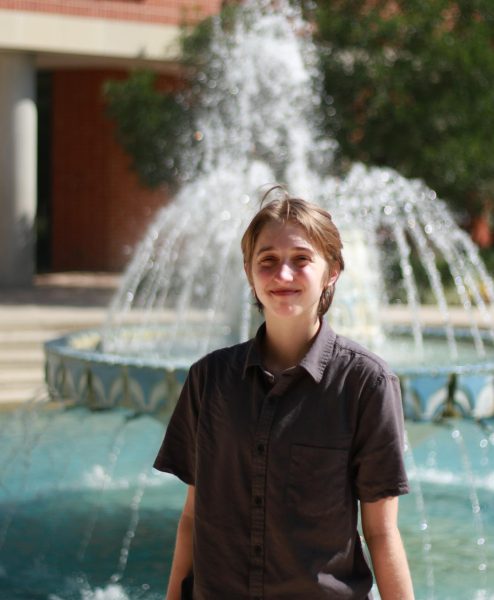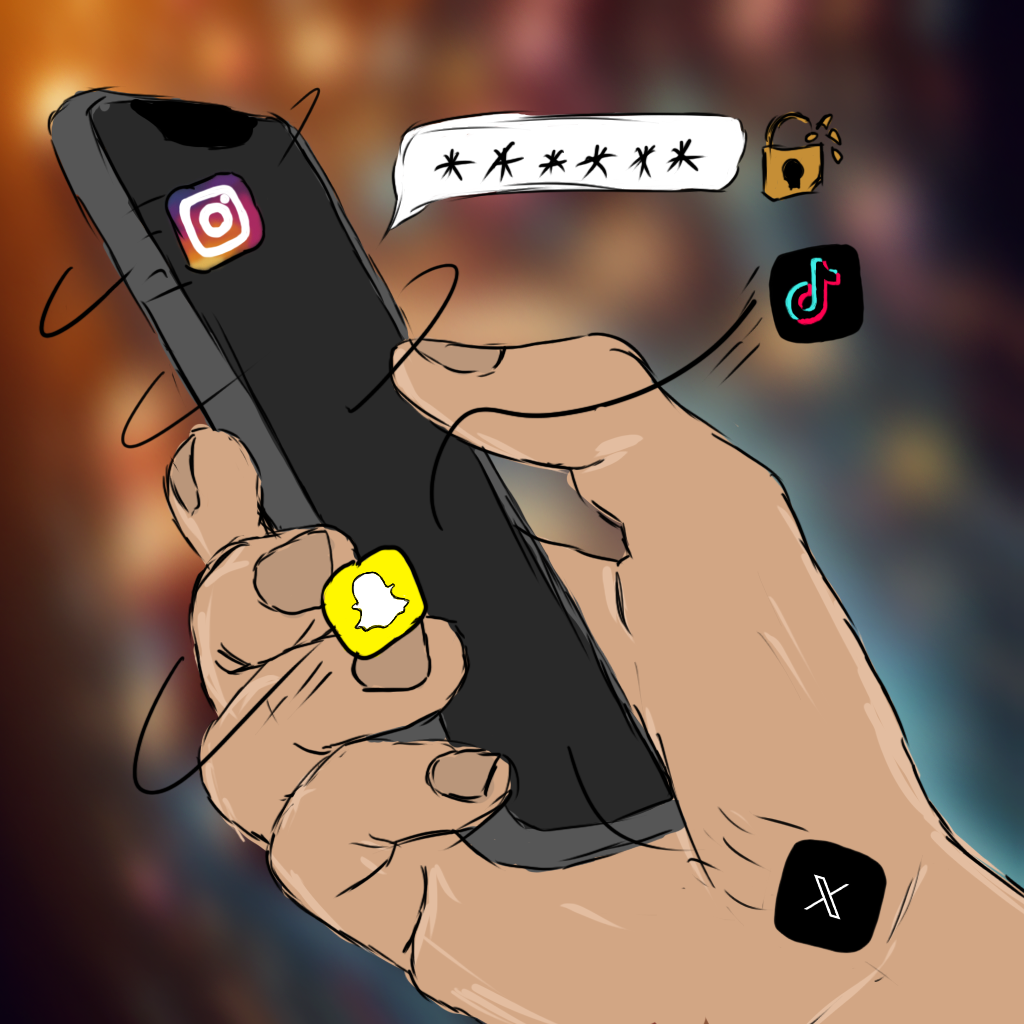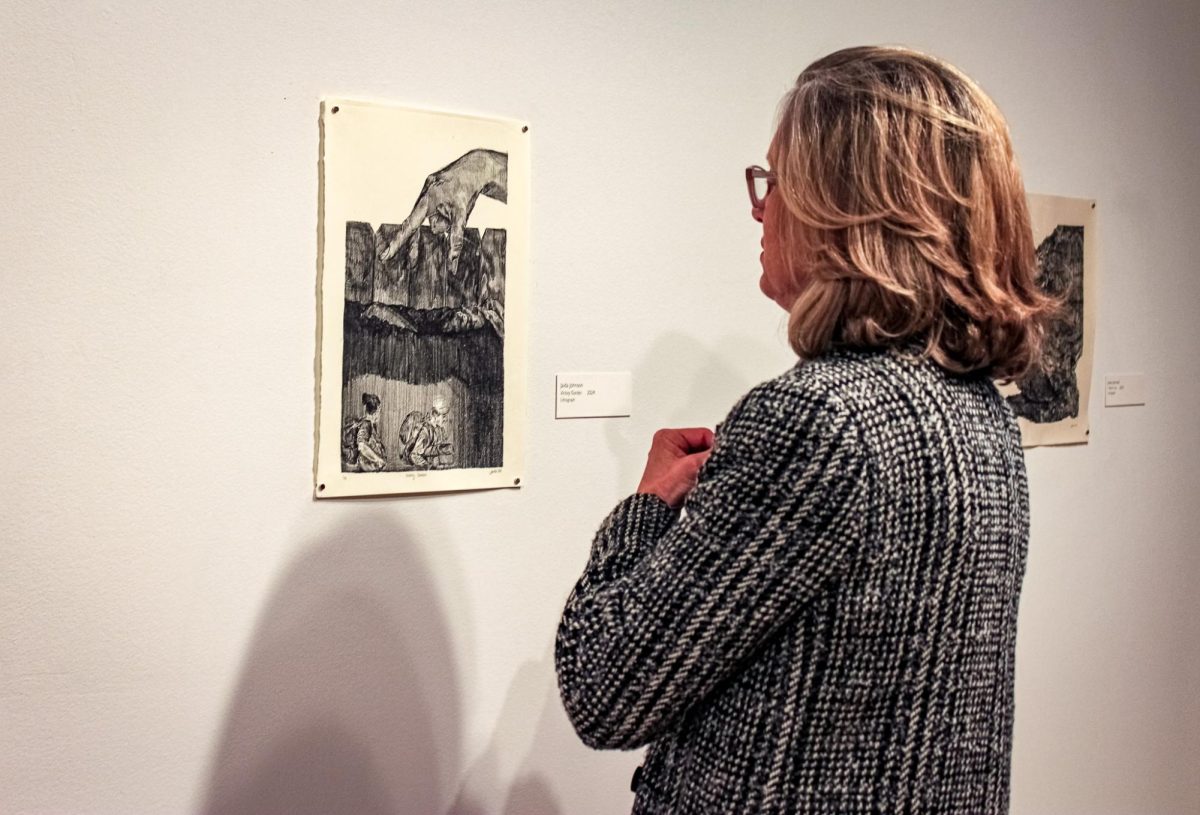So you want to have a conversation about social media in 2024 — I do too, but it’s hard to know where to start when we see everything moving at a speed so fast it feels like if we say anything about it our words will become obsolete before they’re finished leaving our mouth. Plus, it already feels like we’ve already reached a conclusion: social media is big and bad and scary, but there’s also basically nothing on this earth that could get us to quit using it. So what now?
One option would be to have a conversation anyway. Although thinking about the present status of the internet and social media can invoke a sense of doom, interrogating that feeling might also be productive. If we believe, at least to some degree, that social media is bad for us, then why don’t we do something about it?
“Learned helplessness” is a term developed by psychologist Martin E.P. Seligman to describe a phenomenon he discovered in the late 1960s while experimenting on dogs. In this experiment, dogs were forced to endure electric shocks in one situation, and then they did nothing to avoid the shocks in subsequent situations even though they had the option to. They came to think that this bad thing was unavoidable, so they assumed that the bad thing would be unavoidable every time.
Even more interesting is the fact that dogs who had not been made to endure unavoidable shocks would consistently and immediately remove themselves from the unpleasant stimuli. Although it would be foolish to treat this psychological experiment from the ‘60s as rock-solid scientific evidence for some kind of truth about human nature, Seligman’s learned helplessness experiment does, in some ways, relate to people and our sense of agency.
When we discuss social media companies, we also often discuss their algorithms. Without them, navigating most of the internet would be impossible, but they also contribute greatly to what many consider social media’s largest issues. Platforms like Instagram, TikTok and X (formerly Twitter) are designed to be addictive, entertaining and personalized exactly to the tastes of each user.
“Algorithms analyze thousands of data points about users’ behavior — who they engage with the most, how they react to different types of content, what topics are of interest to them — and then customize and align future content accordingly,” wrote Stern Alexander in an article for Medium.
On some level, we’re aware social media platforms cater to our behavior in this way, but that doesn’t seem to stop us from falling into the rabbit holes and echo chambers that, ultimately, are all made for the same purpose: to keep us scrolling longer.
Here is where learned helplessness comes into play. Because most of what algorithms do and how they work is kept behind the scenes, it’s easy to forget that they are constantly at work, which can cause us to believe that the feelings of doom and polarization are just par for the course of social media.
I don’t have an alternative algorithm to propose, and I’m not saying we should disavow social media and never use it again. What I am saying is that I believe this conversation about what is happening behind the scenes of major social media platforms is worth having, and I insist we remain invested in what content is being fed to us — to not care to know is the first step towards learned helplessness.
Categories:
Social media knows more than you think
Do we realize how much algorithms dictate our online experience?
More to Discover
About the Contributors

Aubrey Jackson, Arts and Entertainment Reporter
Hi, I'm Aubrey (they/them), and I'm an Arts & Entertainment reporter for the Trinitonian. I'm a sophomore English major from Dallas, Tx, as well as a member of Loon-E Crew and a frequent participant in OREC activities. I love that the Trinitonian is full of so many people that care about what's happening on our campus.

James Lee, Illustrator
Hi guys, my name is James (he/him/his), and I am a sophomore illustrator for the Trinitonian! I am double majoring in Communications and Computer Science and minoring in New Media. A fun fact about me is that I love the color orange.








